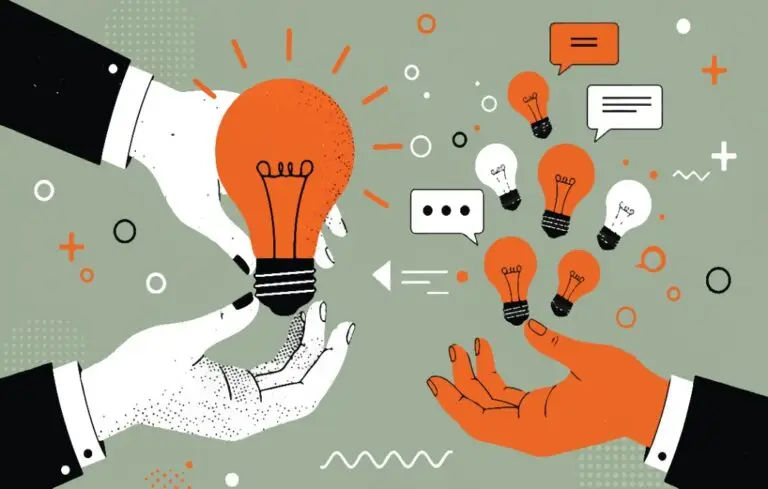With so many current examples of unbalanced leaders in the world, the idea of becoming a balanced one sounds appealing. But it also sounds a little boring. Must one lack passion or even be inauthentic?
No. To me ‘balanced’ is quite different: it means having plenty of passion and energy, but being able to bring them to bear in the right way at the right time.
The balanced leader is self-aware. In the past, inner reflection was derided as ‘navel-gazing’. But the best leaders know themselves, and spot when their emotions are getting the upper hand. They have ways of dealing with this, of internally stepping out of whatever situation is causing this.
Self-aware people learn to spot physical signs of growing stress and can put a stop to it before it goes too far. Many feel tension in a particular part of the body: this can be a message from our subconscious mind that we are overlooking something with our conscious mind. Financier George Soros claimed that pain in his back meant that he needed to look at whatever trades he was doing at the time.
“Self-aware people learn to spot physical signs of growing stress and can put a stop to it before it goes too far.”
Our minds also can fill with overdramatic and critical self-talk, which we can learn to spot. We have the choice to turn these tape-loops off, detaching from both the situation and a pre-programmed reaction to it that is no longer helpful to us.
The above are all about stopping imbalance. How can we actively become more balanced? I am a great believer in mindfulness, which is achieved through practicing meditation. Once regarded as ethereal, this practice is fast becoming mainstream. One can acquire sufficient skill at it without too much effort – though some, of course, is required. The mindful leader can keep cool in a crisis and manage and maintain their energy (and thus their emotional wellbeing and resilience). Mindfulness provides a ‘space’ where the leader can choose the right role in any given situation. They can avoid relying on old habits acquired during their old, pre-leadership job – they can instead act with balance and poise.
If you want to be a balanced leader, it is wise to lead a balanced life. I advocate taking an hour a day working on yourself. This can involve a range of activities: meditation, exercise, listening to music, reading (especially on personal development). These activities have nothing to do with work, but are actually essential to working well, giving you the time to develop the deep reserves of energy you will need in difficult situations.
The material above might make the balanced leader appear too inward-looking. But the good leader balances their self-awareness with a keen awareness of other people’s emotional states. Coaching skills such as building rapport and asking open questions help build this awareness, which soon becomes second nature.
Spot rising inner tension and learn how to stop it. Meditate; lead a full life outside work; and hone your ability to intuit what other people are feeling. You will find all these give you more passion and energy, not less.







